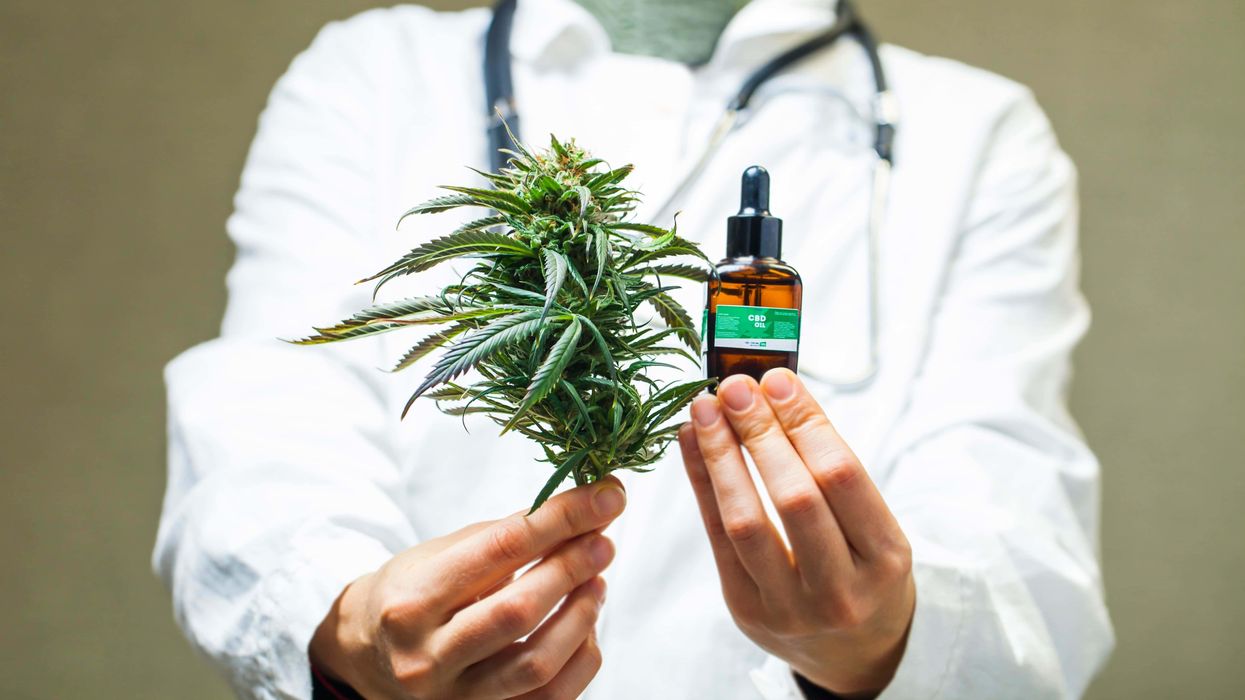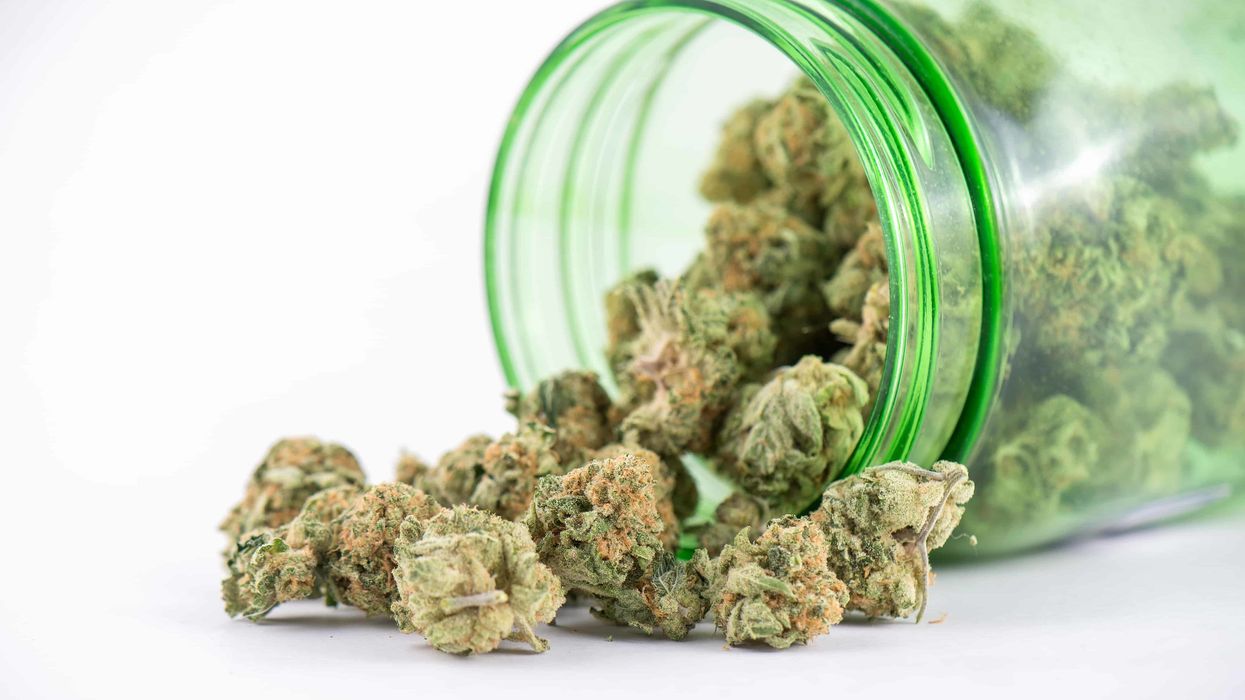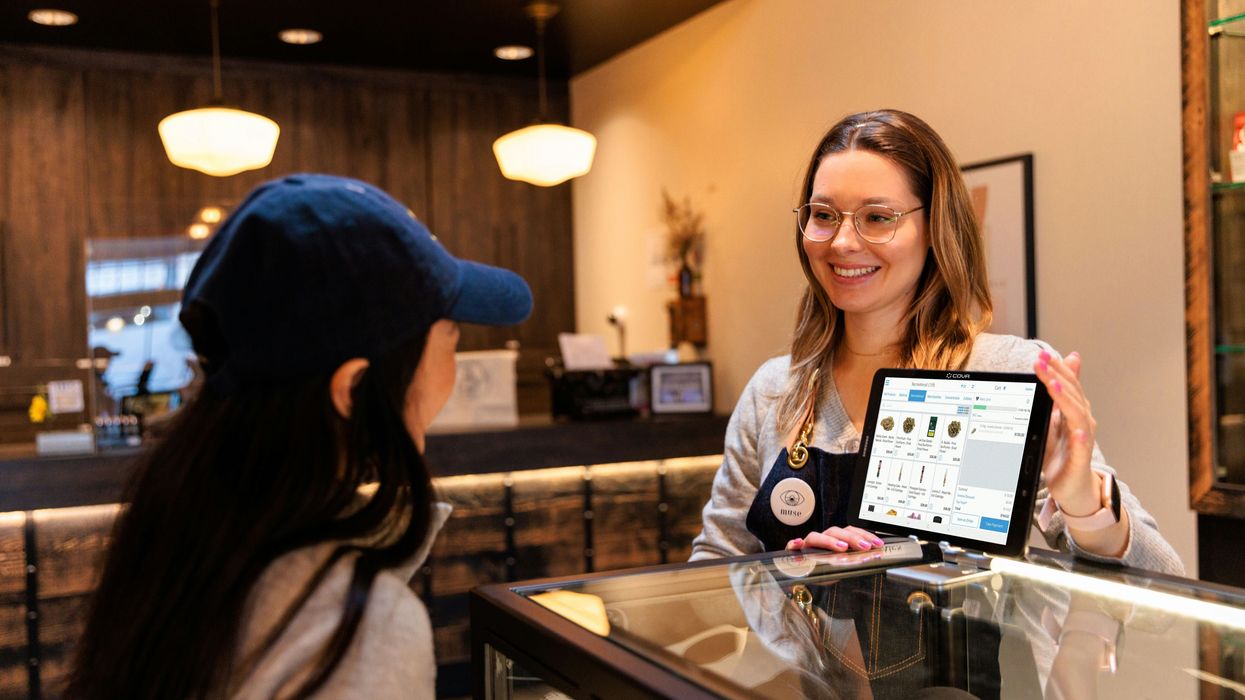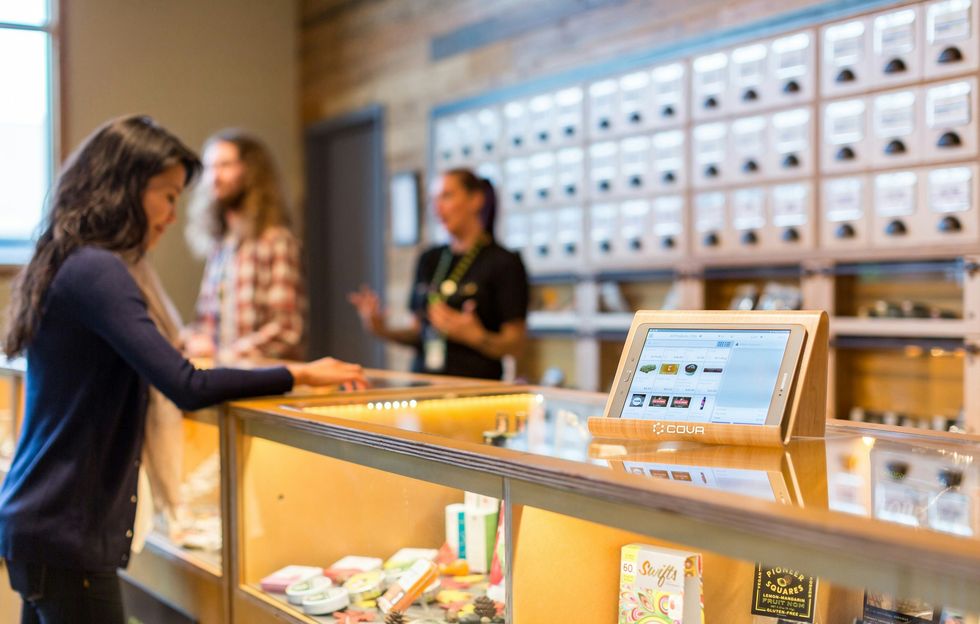The U.S. wasn't the only country to face challenges with cannabis stigma when the war on pot was first launched in the early 1900s.
Latin America has experienced a similar (if not even more severe) stigma against cannabis for decades, despite the fact that it’s been utilized for healing and wellness for several centuries. However, that’s finally beginning to change – and it’s largely thanks to the efforts of a few medical cannabis companies and advocates making a fearless mark on the region.
Based in Colombia, Khiron is not only working to destigmatize medical cannabis in Latin America and provide plant access to patients in need. Their mission is to entirely reimagine the way healthcare is approached throughout the globe, prioritizing long-term healing and wellness that permanently bids “throwing pills at the problem” goodbye.
Latin America’s War on Weed, and The Resulting Opioid Crisis
Founded in 2017, Khiron came together a couple of years after Colombia announced the nationwide legalization of medical cannabis in 2015. Much like the U.S., Colombia was plagued by the negative effect of the War on Drugs for decades, resulting in a collective view of cannabis as a dangerous and unpredictable drug that should remain outlawed.
But although Khiron was founded on the tails of medical cannabis legalization and has played an integral role in cannabis advocacy throughout Latin America, cannabis isn’t necessarily the central focus of the organization.
“I’m not a cannabis user, so that isn’t necessarily what appealed to me when founding Khiron,” said Alvaro Torres, Khiron Founder and CEO.
“What did appeal to me was this: we come from a country that has been at the forefront of this War on Drugs for many decades, and I found it fascinating that we could take a plant that has been long associated with harm and transform it into something that can really improve lives.”
Torres went on to compare Colombia and Latin America as a whole to the U.S. once again: just as North America demonized cannabis and pushed opioids on the population, resulting in a nationwide crisis of severe, paralyzing addiction, a similar plight is plaguing Latin America.
“We are going through the same issues the U.S. has with opiates. The idea that we can come up with a medication that can be produced in our continent and is much less harmful…it can change the entire social fabric of our country and the way we approach medicine,” Torres said.
“And Latin Americans being able to produce something for ourselves that will help improve our lives was an incredible thought. That’s why Khiron was named Khiron – after the wise centaur in Greek mythology who invented medicine in order to naturally heal. This is a company primarily focused on improving quality of life.”
Bringing Education and Access to Patients in Need
Khiron began by offering medical health centers that treat cannabis patients throughout Colombia, and they’ve since expanded to Brazil with plans to launch a new clinic in the U.K. in the near future.
Their clinics offer a wide variety of alternatives that allow people to select medicine that optimizes the health of their mind, body, and soul. While they don’t view cannabis as the answer to everything, it’s certainly a very good answer for many issues that opiates are only confounding.
“All the work we’ve done has been at the forefront of changing people’s perceptions on medical cannabis. Today, there’s a major shift in the public’s view on the plant from what I was seeing five years ago,” Torres said.
“People are starting to learn more about medical cannabis. There’s still a bit of resistance from a societal perspective, but you can see that patients and doctors are a lot more open to the plant than ever before.”
A lot of this shift has to do with social media, where cannabis patients have flocked to share their stories.
“When you can hear these success stories from real people instead of paid advertising, it has a profound effect on viewers. But it takes time,” Torres said.
“When I started the company, even my own family was shocked and somewhat resistant. But the undeniable fact is that so many people are in pain, and we can’t treat all of that with opioids. Perceptions are changing, but we need to broaden that message to governments, financial institutions, and lenders, so that everyone realizes we’re not talking about the devil here.”
Khiron’s medical clinics are doing just that on the frontlines, providing patient access from a safe, beautiful, and approachable location that works to destigmatize cannabis as the bogey man and reintroduce it as a healing and beneficial plant.
The team focuses on customer service above all else, ensuring that everyone who visits a clinic knows they aren’t going to be pressured to consume cannabis. They’re simply going to be educated on opiate alternatives and given a variety of natural medicine options that work for their needs – which may or may not include cannabis.
“Medical cannabis isn’t a fad. It’s here to stay. It will bring a lower cost of healthcare, more jobs, and act as a major disruption to the traditional pharmaceutical industry and how medicine is understood. We’ve learned a lot of lessons from the U.S. markets to help us create better regulations and access for patients,” Torres said.
“But overall, it’s time for medicine to change. You can’t take an old plant that has been doing good for centuries and dismiss it because it was dismissed for all the wrong reasons in the first place. Once we get out of that mentality, we will all be successful.”
Need a little more Bluntness in your life? Subscribe for our newsletter to stay in the loop.







 Justin Timberlake Eye Roll Gif By Agent M Loves Gif - Find & Share on GIPHYAgent M Loves Gifs
Justin Timberlake Eye Roll Gif By Agent M Loves Gif - Find & Share on GIPHYAgent M Loves Gifs







 How to Become a Budtender: Complete Career Guide & Salary Information - The Bluntness Photo by
How to Become a Budtender: Complete Career Guide & Salary Information - The Bluntness Photo by  How to Become a Budtender: Complete Career Guide & Salary Information - The Bluntness Photo by
How to Become a Budtender: Complete Career Guide & Salary Information - The Bluntness Photo by 
